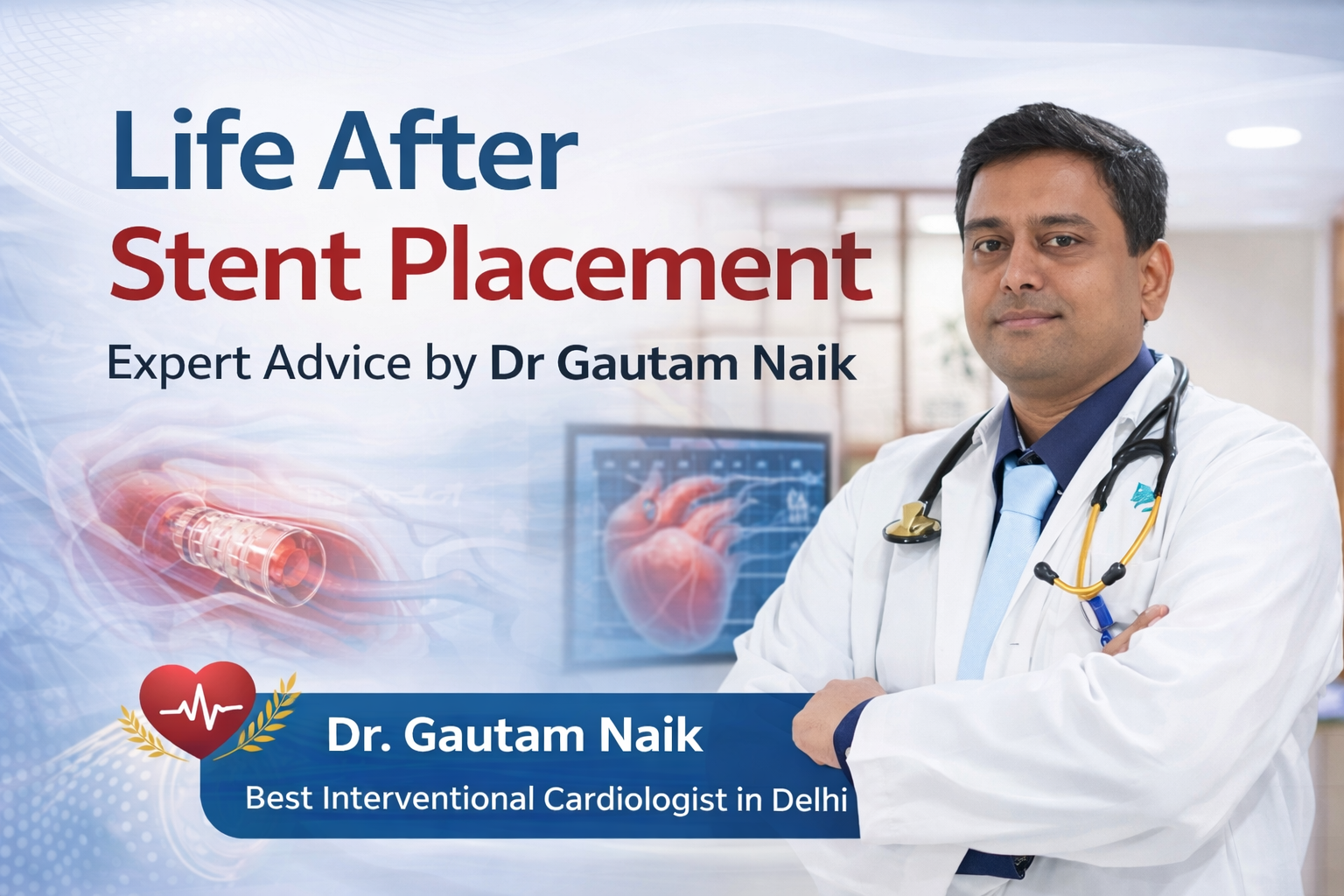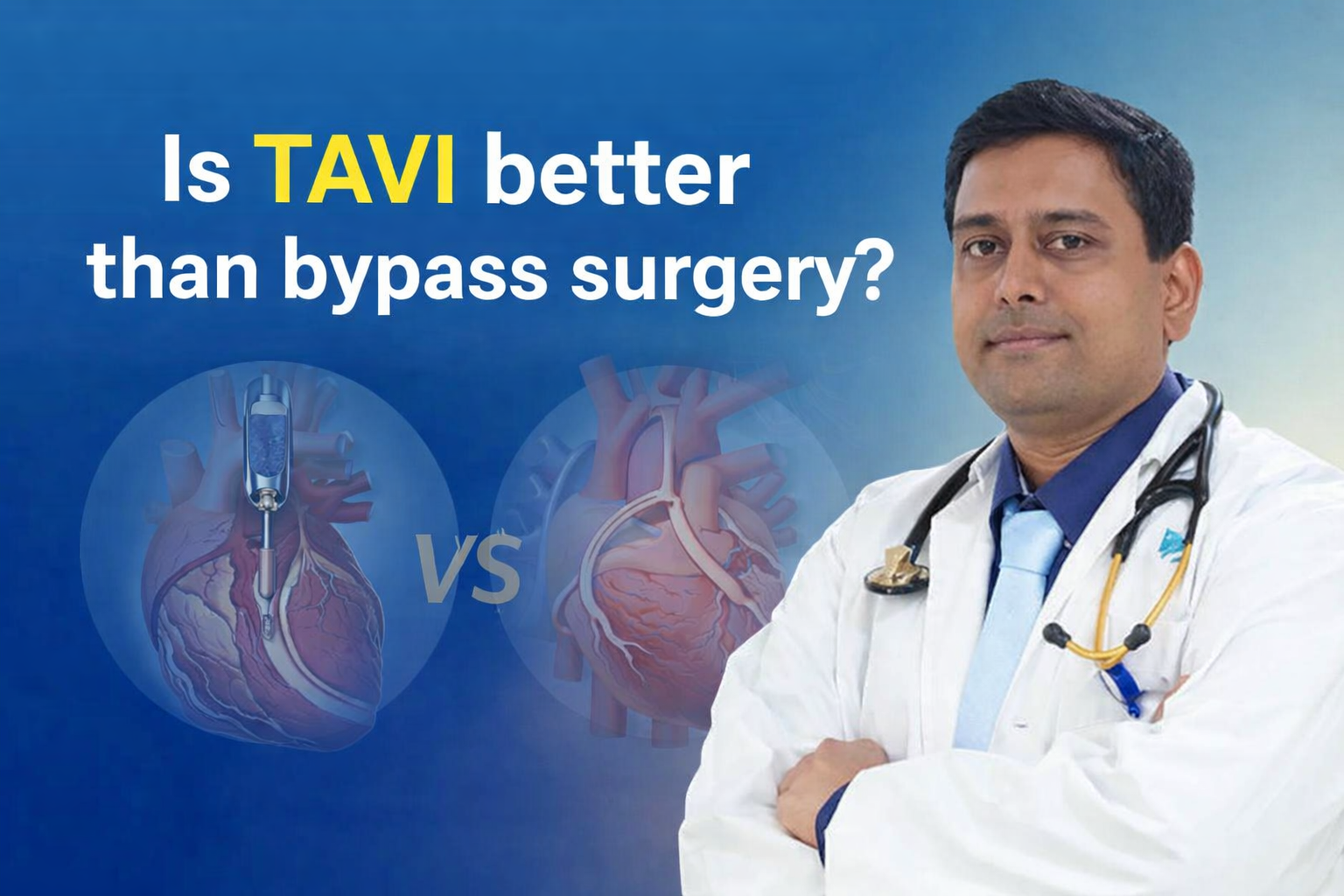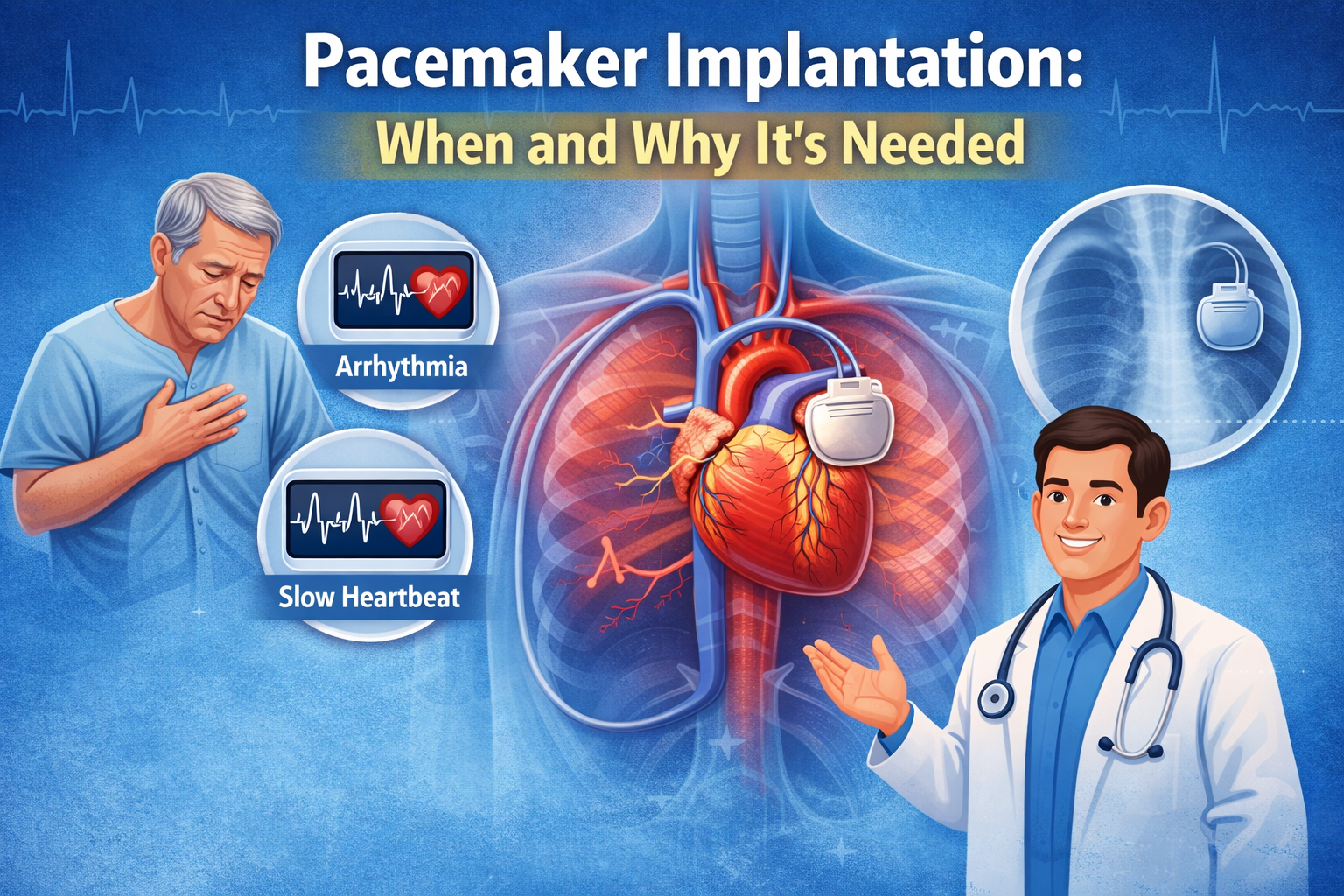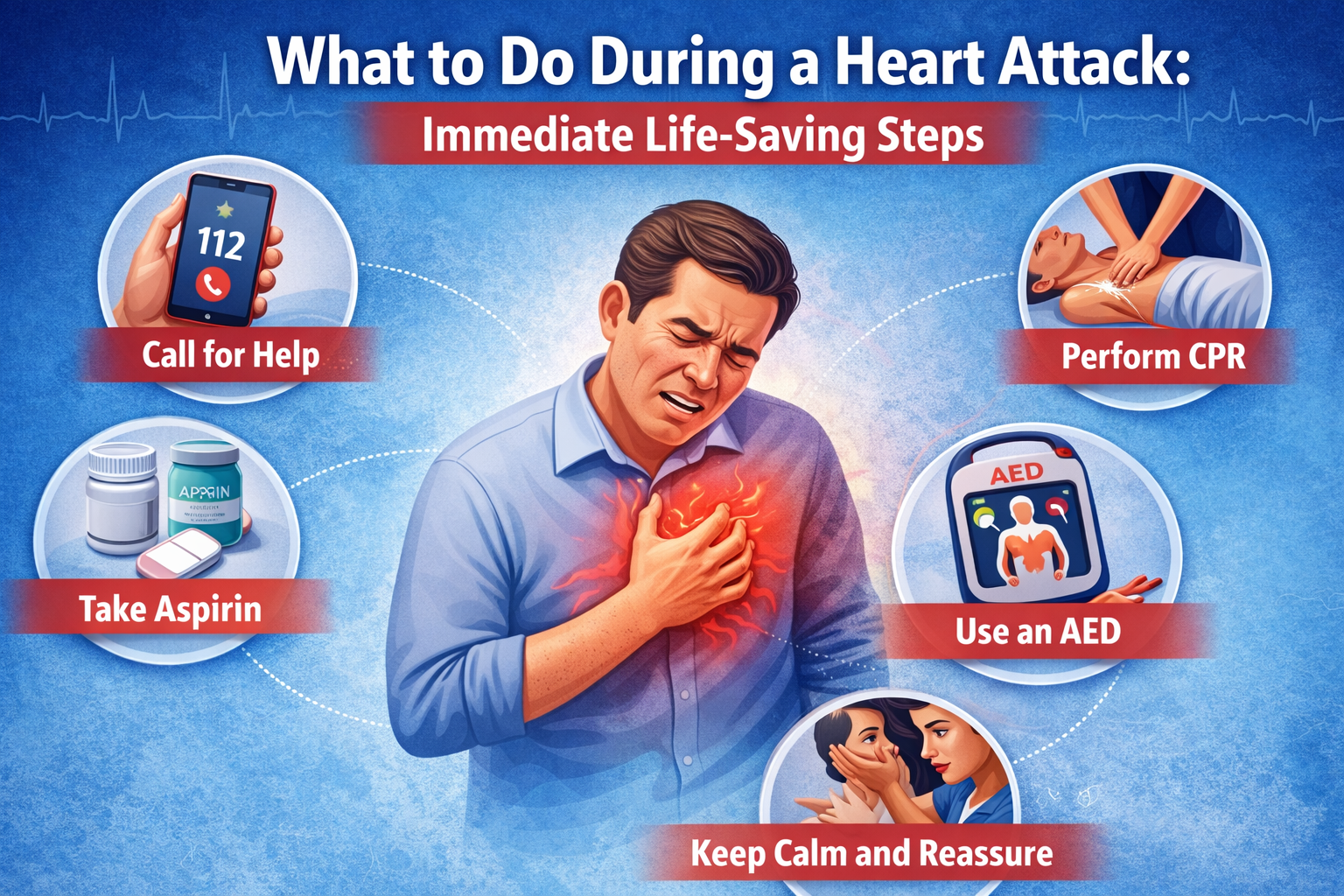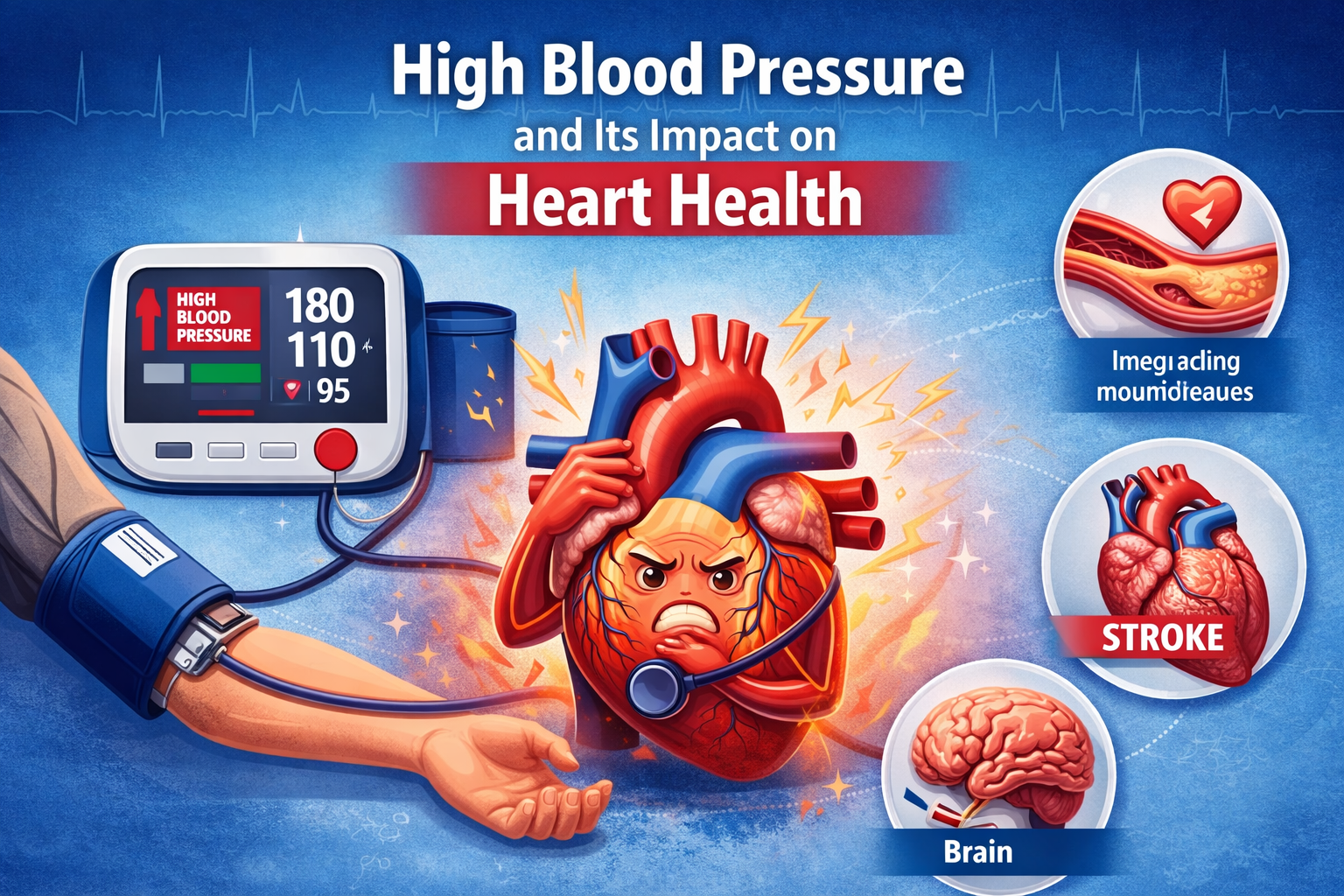
The human heart beats with a natural rhythm, coordinating its chambers to pump blood efficiently throughout the body. When that rhythm becomes irregular or chaotic, the condition is known as Atrial Fibrillation (AFib) — the most common form of serious heart rhythm disturbance, affecting millions of people worldwide.
AFib may appear harmless at first, but it can silently increase the risk of stroke, heart failure, and other serious complications if left untreated. The good news is that with advanced cardiac care available at Apollo Hospital, Delhi, and under the expert supervision of Dr. Gautam Naik, one of India’s most trusted cardiologist, AFib can be effectively managed and controlled for a healthy, active life.
Atrial Fibrillation is a type of arrhythmia, meaning an irregular heartbeat. Normally, the heart’s upper chambers (atria) contract in a coordinated way to push blood into the lower chambers (ventricles). In AFib, the electrical signals become disorganized, causing the atria to quiver or “fibrillate” instead of beating effectively.
This irregular activity prevents the heart from pumping blood efficiently, which can cause blood to pool and form clots — leading to potentially life-threatening strokes if a clot travels to the brain.
AFib develops from a combination of heart-related and lifestyle factors. The most common include:
Sometimes, AFib may occur without any underlying structural heart disease — a condition known as lone AFib — but it still requires careful evaluation and monitoring.
AFib symptoms can vary widely. Some people notice them immediately, while others remain unaware until complications arise. Common signs include:
In certain cases, AFib may be “silent,” discovered only during a routine ECG or cardiac check-up. Because of this, regular screening with a cardiologist such as Dr. Gautam Naik is critical — particularly if you have risk factors like high blood pressure or diabetes.
AFib can present in different forms depending on how often and how long it occurs:
Identifying the right category helps tailor the most effective treatment plan.
Diagnosing AFib involves a detailed evaluation of symptoms, medical history, and cardiac tests. Standard assessments include:
Treatment aims to restore and maintain a normal rhythm, prevent stroke, and manage underlying causes.
A controlled electrical shock restores normal rhythm when medications are insufficient.
A minimally invasive procedure in which catheters deliver radiofrequency or cryo energy to destroy the faulty electrical pathways in the heart. This is one of the most effective long-term treatments for AFib.
In selected cases, implantation of a pacemaker may be recommended to regulate the heartbeat, especially when AFib coexists with slow heart rhythms.
If left unmanaged, Atrial Fibrillation can cause:
Early detection and timely intervention are therefore vital to prevent life-threatening outcomes.
Dr. Gautam Naik, one of the best cardiologists in Apollo Hospital, Delhi, is a leading expert in the diagnosis and management of cardiac rhythm disorders, including Atrial Fibrillation. His expertise spans across interventional cardiology, electrophysiology, and advanced heart rhythm management.
Dr. Naik is known for his patient-centric approach and precision-based treatments that combine global techniques with personalized care. At Apollo Hospital, he utilizes advanced cardiac diagnostics, 3-D mapping systems, and state-of-the-art catheter ablation technology to deliver the best results for AFib patients.
Under his guidance, patients achieve optimal control of AFib symptoms, reduced risk of stroke, and an overall improvement in quality of life.
Atrial Fibrillation is more than just an irregular heartbeat — it is a serious condition that needs expert diagnosis and continuous management. With modern cardiology advancements and the experienced care of Dr. Gautam Naik at Apollo Hospital, Delhi, AFib can be treated effectively to restore your heart’s rhythm and safeguard your future health.
If you or someone you know experiences heart palpitations, dizziness, or unexplained fatigue, seek early evaluation — because timely care today can prevent major complications tomorrow.
